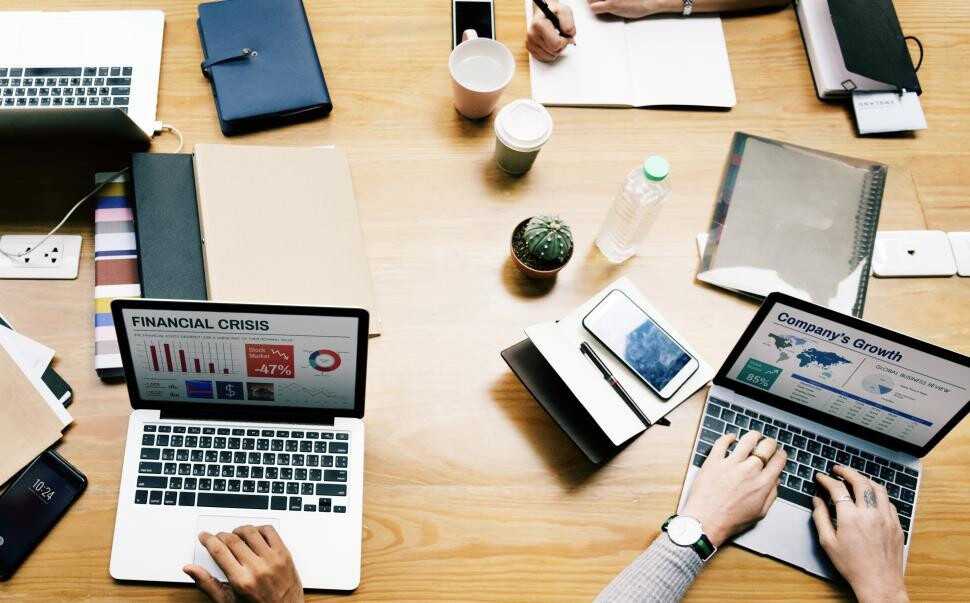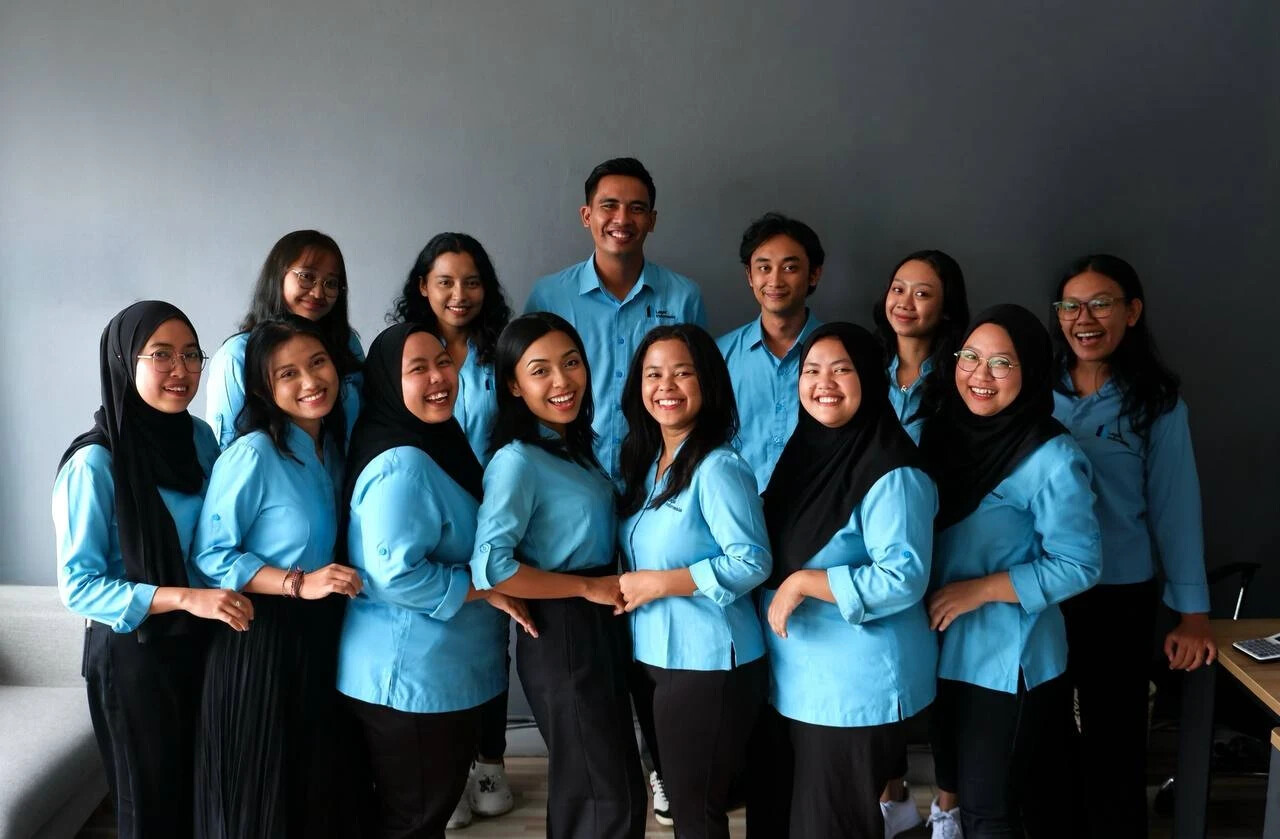If you own a café, shop, hotel, or yoga studio and play music for customers, be prepared to pay royalties. The Ministry of Justice has reminded that personal subscriptions like Spotify or YouTube Premium do not grant the right to use music for commercial purposes.

“This is no longer personal listening. It's commercial use, and it requires a separate license,” explained Agung Damarsasongko, Director of Copyright.
The collection of royalties in Indonesia is overseen by the National Collective Management Institute (LMKN). The system operates similarly to those in the USA and Europe: you register your business in the digital LMKN system, provide the size of the premises, and pay a fee based on the category. Indonesia's Copyright Law No. 28 of 2014 applies to any commercially used music, regardless of language, genre, or country of origin.
Small and medium-sized businesses are offered concessions and even exemptions from payment, but only if you officially apply.
What about playing 'free' tracks from YouTube or instrumental tracks? Damarsasongko warns that not all 'free' music is actually free. Even background tracks may be copyright protected. Safe options include using self-composed music, nature sounds, or making direct arrangements with independent musicians.
Some establishments have already announced that they will stop playing Indonesian music to avoid payment. The ministry responded firmly: “Refusing to support local authors harms the entire music ecosystem and undermines cultural identity.” Moreover, foreign tracks are also subject to royalties, so ceasing to play Indonesian music in protest is clearly not a solution.
Violations are subject to fines of up to 500 million rupiah or imprisonment of up to three years (according to Article 113 of Law No. 28/2014). However, mediation must first be conducted, as specified in Article 95 of the Copyright Law.
Source: infodenpasar


You can add one right now!